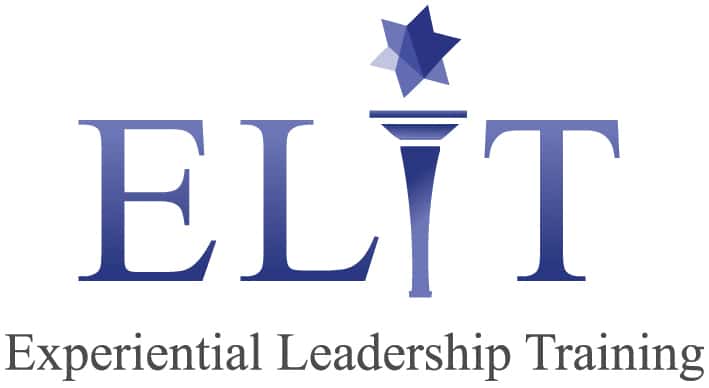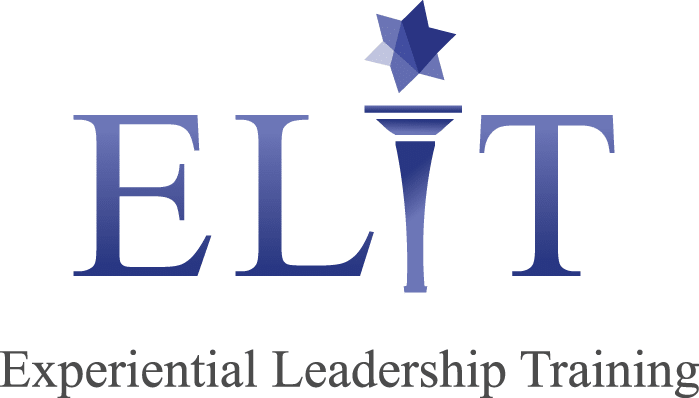Principles of Experiential Education
The experience that activates
“The Hearts are drawn after the actions”
The experience starts the educational process.
It can be planned or casual, and will be the stimulus and spark of the activities that follow.
Whether it is a trip, a game, a story or a personal experience – the moderator will use it as leverage for the educational process.
The Experiential education takes place in three dimentions:
- Cognitive – goals that are directed to add knowledge
- Emotional– goals that are directed to stimulate emotions and help formulate positions.
- Behavioral– goals directed to design or change behavior
The educator acts as the
Transformational leader
Effective education occurs when the educator acts as a transformational leader, which is characterized by:
Personal Reference
The educator broadcasts interest and caring for the needs, expectations, and feelings of the learner and tells him that he is important to him.
Challenging the learners
the educator, raises expectations, pushing to achieve goals, encouraging excellence, independence and originality of thought.
Inspirational motivation
the educator believes in the ability to study, empowers and encourages expressing skills and abilities, aimed at future development and observation beyond the horizon.
Role model and identity
the educator is a personal example, believes and acts according to the vision and values he presents – practices what he preaches. Sefer HaHinukh 1, 16
Interactive learning
The students are involved in the learning process, from the planning stage.
The learning is interactive and is based on discussions, exercises, trial and experiences, in which participants are actively involved.
The involvement creates interest, belonging and commitment to the learning process and motivates to action.
The involvement develops curiosity, independent thinking, expression ability, and decision making.
The leader encourages each participant to connect to the process in their own unique way, while expressing their own abilities and contribution.
Social cohesion and group experience.
The experiential education encourages the construction of a group and a community.
The group discourse develops listening skills, openness and respect to the opinions of others.
Discussion and mutual listening are develop a sense of unity and intimacy. This leads to partnership and group sharing.
Expanding and deepening the learning.
The experience and subsequent group discussions allow participants to express opinions and gain insights. In order to expand learning and deepen it, the learner must be exposed to sources, articles, works of art or scientific research, which illuminate the subjects learned from more angles and give them depth and cultural connections.
Leading to action
The main purpose of experiential education is to shape or effect behavior, in the spirit of the saying: “the essential thing is not study, but deed” [2]
The highlight of the process is to implement the values and behavior learnt in educational projects.
[2] His son, Shimon, would say: “… The essential thing is not study, but deed” pirkei Avot 1, 16

